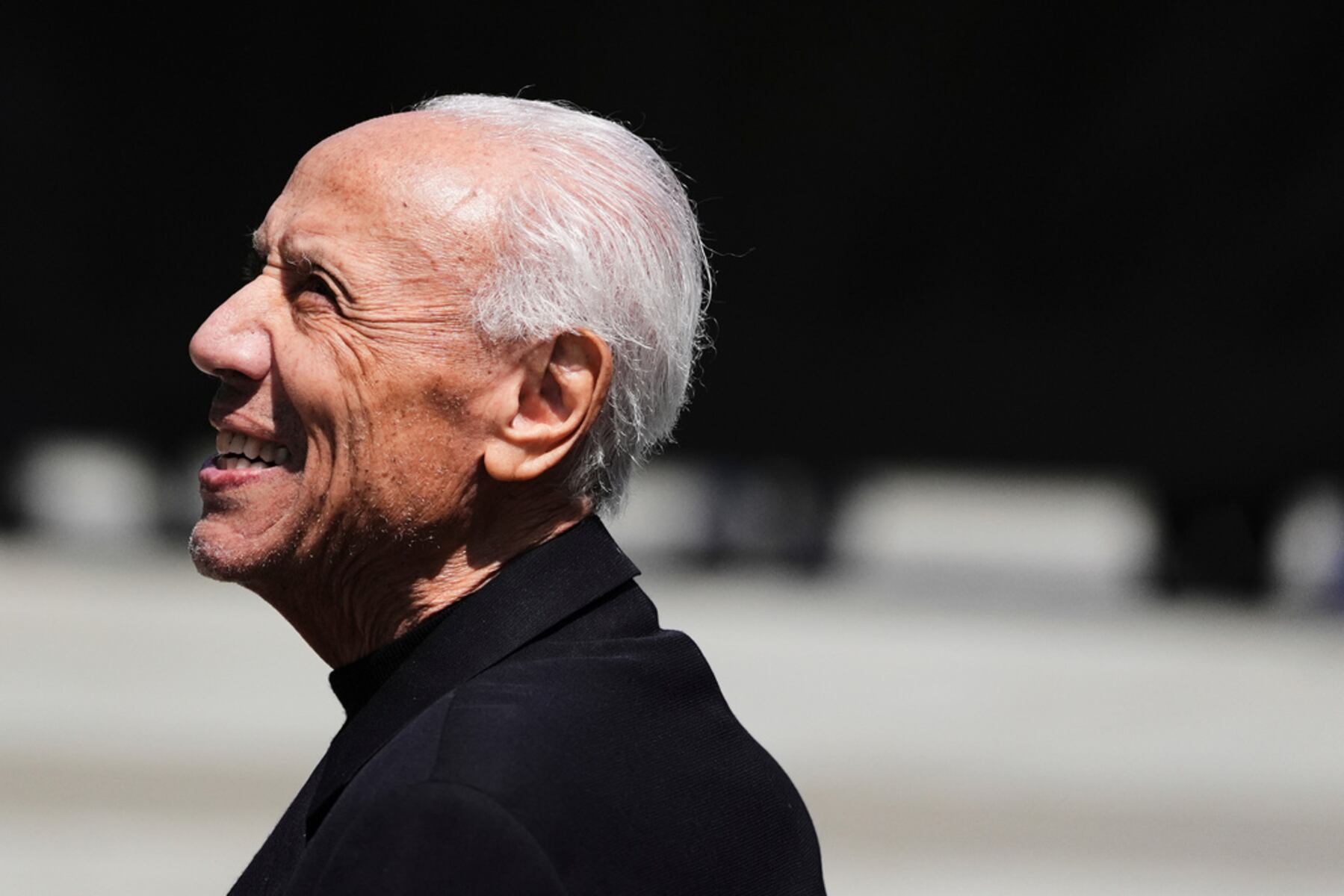Lenny Wilkens, a revered figure in basketball, passed away on Sunday at the age of 88, as confirmed by his family. Wilkens, a three-time inductee into the Basketball Hall of Fame, was recognized both as a player and as a coach. His family shared that he died surrounded by loved ones, but a cause of death has not yet been disclosed.
Wilkens was celebrated as one of the finest point guards of his time. He transitioned seamlessly from playing to coaching, establishing a remarkable career that saw him guide teams through 2,487 games in the NBA — a record that still stands. His legacy includes induction into the Hall of Fame as a player and coach, in addition to recognition as an assistant coach for the 1992 U.S. Olympic team, which won gold medals at the Atlanta Games in 1996.
NBA Commissioner Adam Silver praised Wilkens, stating, “Lenny Wilkens represented the very best of the NBA — as a Hall of Fame player, Hall of Fame coach, and one of the game’s most respected ambassadors.” In 2018, Wilkens received the distinction of being named one of the league’s 75 greatest players and 15 greatest coaches of all time.
During his playing career, he was named an All-Star nine times and became the first NBA coach to achieve 1,000 wins. Wilkens led the Seattle SuperSonics to an NBA championship in 1979, solidifying his status as a basketball icon in the city. The SuperSonics franchise moved to Oklahoma City in 2008, but Wilkens remained a beloved figure, often regarded as a godfather of basketball in Seattle.
Wilkens’ coaching achievements included being named the 1994 NBA Coach of the Year while with the Atlanta Hawks. He retired with 1,332 coaching wins, a record that was eventually surpassed by Don Nelson and later Gregg Popovich.
Born on October 28, 1937, in New York, Wilkens developed his skills on the playgrounds of Brooklyn and attended Boys High School. He went on to star at Providence College before being selected by the St. Louis Hawks as the sixth overall pick in the 1960 NBA Draft. His accolades as a player alone would have secured his Hall of Fame status, but his coaching success further solidified his legacy.
Wilkens’ honors extended beyond the NBA. He was inducted into the FIBA Hall of Fame, the U.S. Olympic Hall of Fame, the College Basketball Hall of Fame, and the Providence Hall of Fame. His coaching career included significant tenures in Seattle, Portland, Cleveland, Atlanta, Toronto, and the New York Knicks.
Former player and current coach Steve Kerr, who played under Wilkens from 1989 to 1993, reflected on his impact. “He was such a dignified human being and a great leader with this kind of quiet confidence,” Kerr said. Wilkens faced challenges throughout his life, but he navigated them with grace and resilience, leaving a lasting influence on many.
On January 6, 1995, while coaching the Hawks, Wilkens achieved a career milestone by surpassing Red Auerbach‘s record for most wins. He became the first coach to reach 1,000 career wins, a benchmark that has since been matched by nine others.
Wilkens was a pioneer in dual roles, having played and coached simultaneously during the 1969 season. He recalled the moment he embraced coaching after devising a winning play for the SuperSonics. “I had just done something as a coach that helped us win, not as a player,” he remarked.
Following his retirement in 2005, Wilkens returned to Seattle, where he continued his philanthropic work through his foundation, primarily benefiting the Odessa Brown Children’s Clinic in Seattle’s Central District.
Wilkens is survived by his wife, Marilyn, their children, Leesha, Randy, and Jamee, along with seven grandchildren. His contributions to basketball and the community will be remembered as a testament to his character and commitment to service.
